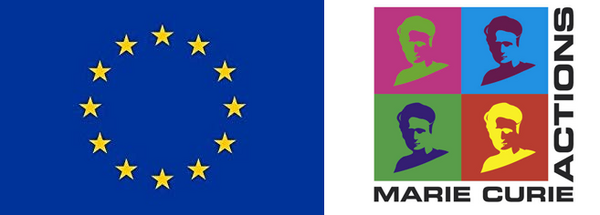GEMILLI
This project has received funding from the European Union’s Horizon 2020 research and innovation programme under the Marie Skłodowska-Curie Individual Fellowship - Grant agreement No 891932.

GEMILLI – Gender, Migration and Illiteracy. Policy and Practice for Social Integration
GEMILLI – Gender, Migration and Illiteracy. Policy and Practice for Social Integration aims to analyse the intersections of gender, migration and illiteracy in contemporary European societies, and to give evidence on policy and practice developments for the social integration of migrant women with low literacy in Europe. Building on the existing literature and research evidence, GEMILLI proposes an intersectional, comprehensive and integrated approach, able to advance knowledge further and to inform social policy in the context of the European Union.
Considering the present trends of international migration in Europe and the political and scientific challenges brought by the so-called migration crisis and by the increasing inflows of migrants from countries with high illiteracy, this project proposes a comparative, cross-country and multi-scope analysis of policy and practice between old and new immigration countries, taking Spain and France as case studies.
GEMILLI will give evidence on:
a) the main country-differences regarding the social integration of migrant women with low literacy levels;
b) the nature, characteristics and functioning of the local organisations working directly with migrant women with low literacy levels and in charge of training, alphabetisation, language learning, and social integration actions;
c) the impacts of the intersections of gender, migration and illiteracy for the life trajectories of women.
The research design contemplates both the qualitative and quantitative dimensions of the phenomenon and considers macro (institutional/policy), meso (organisation/practice) and micro (individuals/biographies) levels of analysis. It uses a mix-method methodology, combining complementary research strategies such as policy and institutional analysis, organisational case studies and life stories.
The project is organized in six work packages (WP):
WP1 - Literature review and analysis of the institutional context.
WP2 - Fieldwork and case studies.
WP3 – Individual interviews.
WP4 – Integrated analysis.
WP5 – Training and transfer of knowledge.
WP6 – Dissemination.






